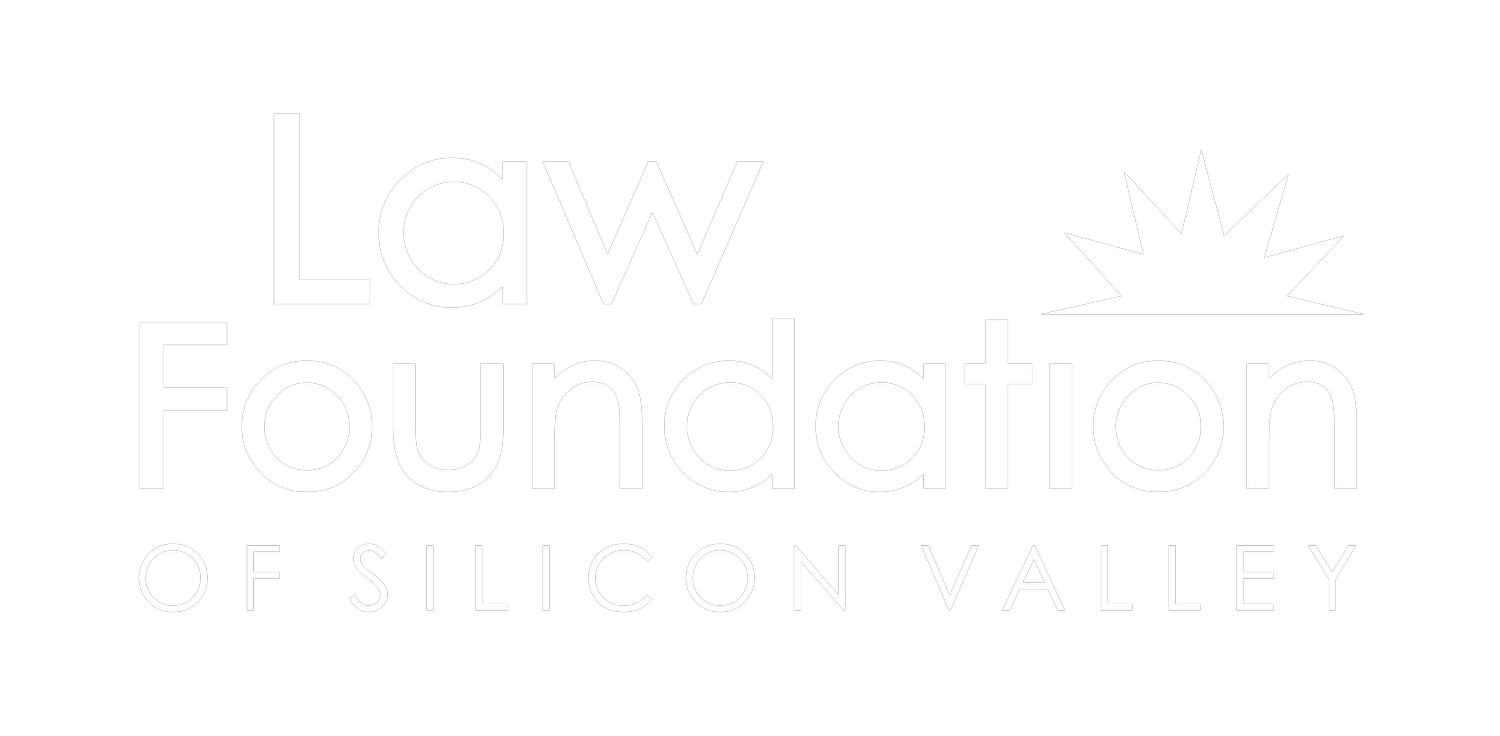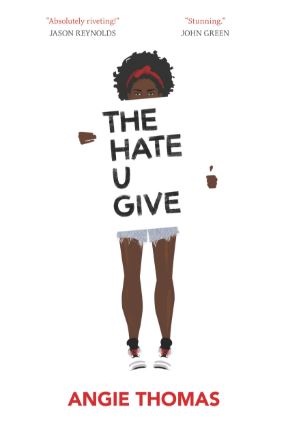Updated: February 1, 2019
What is the government shutdown and how could it affect me?
The government has not passed a spending bill, which means funding for some federal agencies has run out. Those departments close up, stop providing services, and their workers are furloughed or forced to work without pay. There are 9 departments affected by the shutdown, including the Housing and Urban Development and the Department of Agriculture, which could affect housing vouchers and food stamps.
Will my benefits be affected?
CalFresh (Food Stamps/SNAP)
UPDATE 2/1/2019: Food and Nutrition Service has confirmed that benefits for March will be fully funded, even if a federal spending plan is not approved by the 2/15/2019 deadline. The Law Foundation will issue updated information as it becomes available.
If you live in Santa Clara County and receive CalFresh (food stamps), you will receive your February benefits on or about January 15, 2019. It is important to budget what you receive as they will cover the entire month of February.
If you filled out a renewal after January 14, you will receive your food stamps between February 1 and 10, 2019.
The County will accept new CalFresh applications during the shutdown. Call 1-800-948-3663 for more information applying for CalFresh.
Anyone who needs food should call the Food Connection hotline at 1-800-984-3663 or text “GETFOOD” to 405-455-5181
All other benefits (Medi-Cal, General Assistance, CalWORKS, Medicare, Social Security/SSI, CAPI, Foster Care Benefits) are not currently impacted by the shutdown.
1/30/2018 UPDATE: TANF Extension Signed Into Law
On January 22, the Senate passed by voice vote H.R. 430 – The TANF Extension Act of 2019, which will extend the Temporary Assistance for Needy Families (TANF) program through June 30, 2019. The bill passed in the House of Representatives on January 14 and was signed by the President on January 24. The Department of Health and Human Services (HHS) will be able to distribute the second quarter payments to states for TANF, as well as mandatory child care funding (Child Care Entitlement to States). Once the bill has been enacted, HHS has stated that it will take four business days for the second quarterly payments to be made.
If I have a Section 8 housing voucher, how will I be impacted?
The Santa Clara County Housing Authority will make payments through February. If the shutdown continues, it is unknown if it will be making rent payment in March. The Housing Authority and the Law Foundation will provide updated information and you should stay informed by checking the Housing Authority’s website.
We urge you to continue to pay rent regularly even if the Housing Authority stops or delays payment because of the shutdown.
Can I be evicted if my landlord doesn’t receive payment from the federal government?
Even if the Housing Authority does not pay rent, you are not responsible for the Housing Authority’s portion of the rent and, under HUD regulations, you have a defense if your Landlord tries to evict you. You should continue to pay your portion of the rent.
If you receive an eviction notice, are threatened with eviction, or have questions please IMMEDIATELY contact call our intake number: (408) 280-2424.
How are the federal courts affected?
Starting January 25, funding for federal courts would run out. If additional funds are not available, the courts will only focus on “essential work” which could mean some civil cases could be delayed. This includes immigration proceedings, including removal proceedings and decisions on asylum applications.
Is there an impact on child welfare proceedings?
We do not know. We will update this FAQ with information as we learn it. If we have updates from the Department of Family and Children’s Services, they will be posted on our website.
Can furloughed federal workers apply for unemployment?
At the direction of Governor Newsom, the California Employment Development Department (EDD) is streamlining the processing for impacted federal workers and providing benefits to eligible employees who are furloughed or continue to work but do not collect a paycheck. Click here for more information.
If my identity or social security number is compromised, how am I impacted?
As of Jan. 22, the Federal Trade Commission, which manages the website used to report identify theft (IdentityTheft.gov), is closed. Currently, the website to generate letters and forms is not active.
What can I do to help?
Please contact your elected officials to let them know the shutdown needs to end. You should explain how the shutdown is affecting you. You can call the United States Capitol Switchboard to reach your Senator or Representative: (202) 224-3121.
If I have a question or need help, who can I contact?
Please contact the Law Foundation. For questions about benefits, call (408) 280-2420. For questions about housing, call (408) 280-2424. For questions about immigration proceedings or child welfare, please call (408) 280-2416.




















